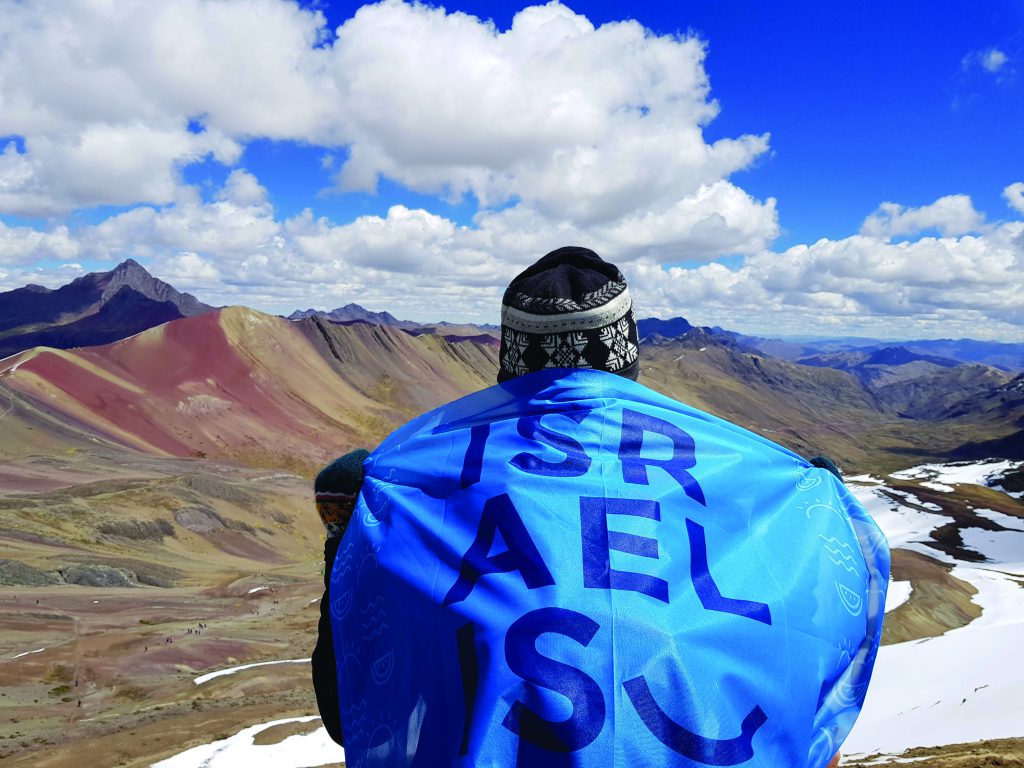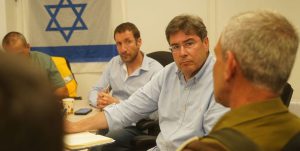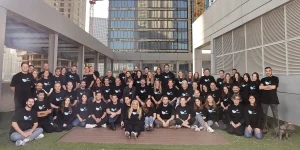When Eyal Biram took an unpaid vacation from his military position in an elite unit, it never occurred to him that precisely when he was the farthest away from Israel that he had ever been, he would connect to home. “After a few intensive years in the army, I went traveling abroad, with a big backpack and few aspirations,” he tells. “By my first destination, on an amazing beach in the Philippines, I met a non-Israeli guy and his first question was ‘where are you from?’ So I found myself, an Israeli guy who had come mainly to travel and have fun, trying to answer these hard questions about my country, and kind of lacking the words for a lot of the conversation.”
True to his world of military imagery, Biram describes the situation as “a trip that’s supposed to be fun but feels like an ambush”, with questions about the army and the country. As he continued on his trip, he saw that the phenomenon recurred again and again and again, “and it wasn’t just me, this was happening to my friends and my friends’ friends. Everyone was getting the same questions: sometimes on the bus, or at a party, another time on the beach. And I saw how these guys were missing the opportunity to tell something about themselves and the place that they come from, and missing the opportunity to produce something meaningful for our country.”
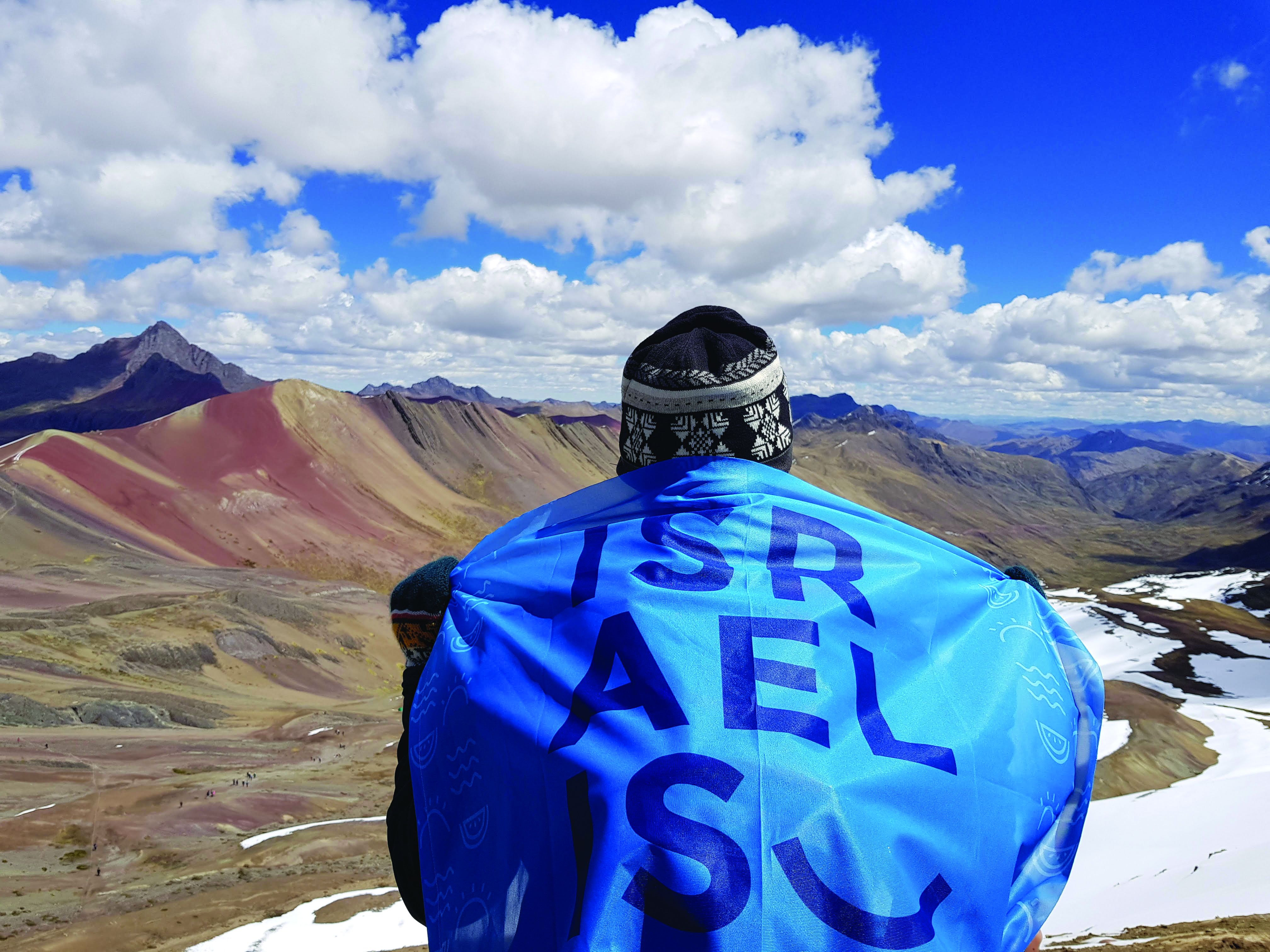
After three months in East Asia, Biram returned to the army, and in casual conversation with two friends – Jonathan Svorai and Barak Deri – the three decided to do something about the problem. Their first stop in beginning to unpack this issue was the IDF. “With a lot of nerve and not too much thought, we began approaching all kinds of major-generals and told them that we wanted, with their help, to address Israel’s image through young people traveling abroad.”
Big time
The army got on board. “We worked on the program off the record,” he explained. “From Sunday through Thursday, we served in the unit and from Thursday through Saturday, we dealt with this topic. For half a year, we went around visiting different bases and tried to understand how we could develop the right kind of training for discharged soldiers, when what we were up against was not a political program, but rather something that would give basic tools for explanation, through which everyone could tell his own story.”
After half a year, the three met with the head education officer and came to the conclusion that their scope of influence would be limited if they focused on just a one-time workshop that was aimed at soldiers after they finished their service. “We were thinking small,” Biram acknowledged. “We wanted to create a specific solution.” After that meeting they decided “we’re going to go for this big time – we’ll set up an organization.”
Last July, a short time after their release, Biram, Deri and Svorai established the organization “ISRAELis” for Israeli publicity in the world, at the hands of discharged soldiers. “People were skeptical about the project’s ability to create change, and to get those large institutions on board, but for us it was clear that that was the next phase.”
As evidence, they enlisted, among others, Maj. Gen. (res.) Hagai Topolansky, the former head of the Personnel Directorate to their governing council, and signed a partnership agreement with the army.
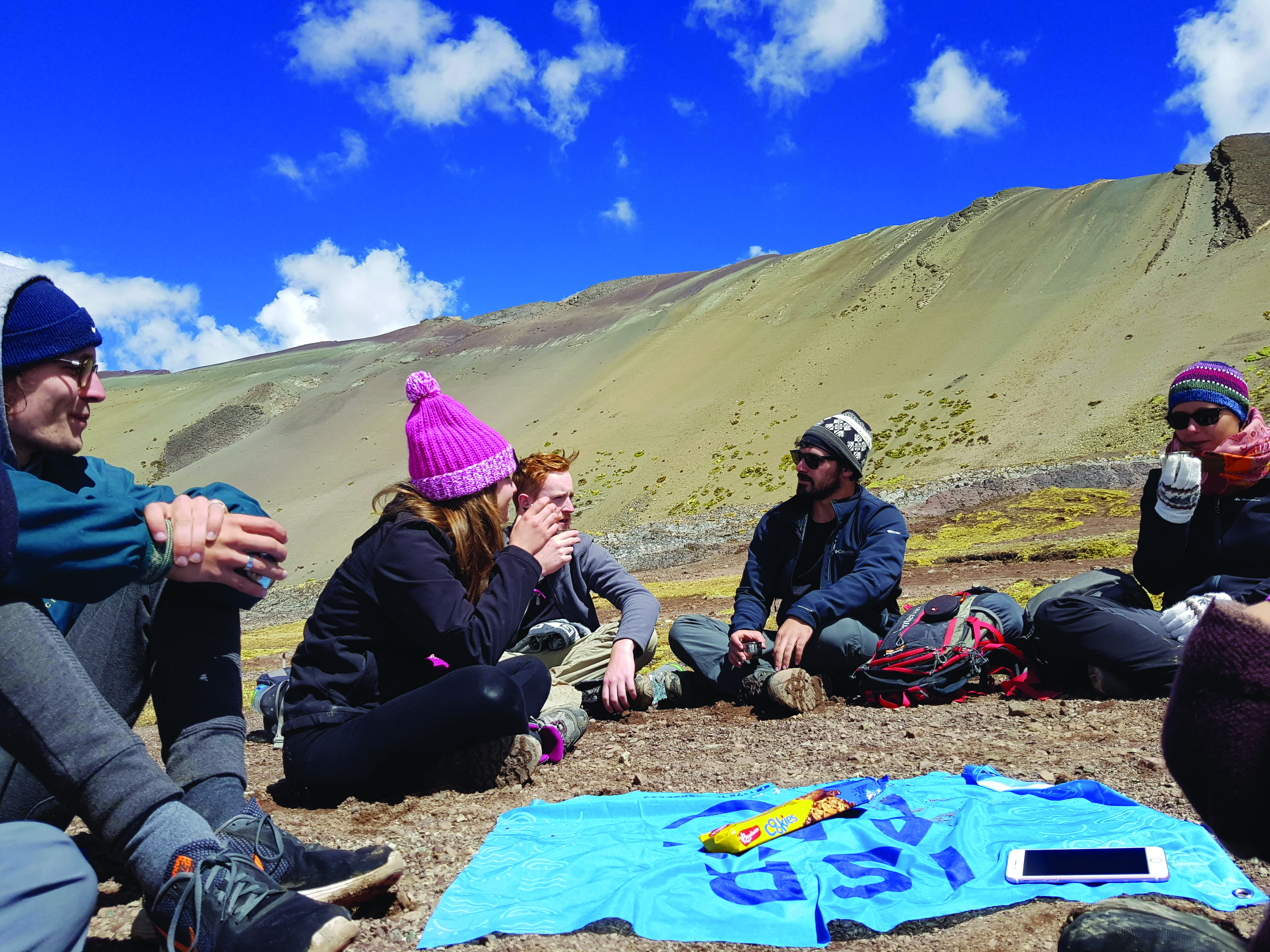
Who has a camel at home
The “ISRAELis” program has multiple steps. In the first stage they hold workshops for tens of thousands of soldiers who have a few months remaining until the end of their service. Afterwards they invite whoever wants to go deeper and join a preparatory meeting in advance of a post-army trip, throughout which they will invite chosen participants to become delegates of the organization. There will be a week-long training program for such representatives, throughout the course of which they will become acquainted with the ‘Israeli story’ through their own eyes, visiting the northern border and the Gaza border, and talking with tourists visiting Israel. The volunteers will arrive to the organization’s ‘headquarters’ at central spots abroad, and for two weeks they lead activities that bring together Israelis and people from all over the world.
“The lesson I learned in the army is that it is possible to do everything, the question is to what degree are you willing to get down to the most minor details,” Biram explains. “We are there from the moment that the soldier takes off his uniform until the moment he begins his university degree, and that connection of ours to them is what makes us the most significant program for Israeli publicity, in partnership with our participants.”
Their numbers are impressive: 15 thousand soldiers prior to discharge have gone through the workshop this year, while the goal for next year is to have 25,000 soldiers in conferences, 1,500 young people participating in the advanced training program and 5,500 young people active abroad. “We would like to finish the coming year having influenced 50 thousand,” he declares and adds: “what spurred me on personally to enter this process was the realization that there is a significant platform to create a real positive effect in the way in which Israel is seen in the world – it’s a real strategic asset here that has been thrown away”.
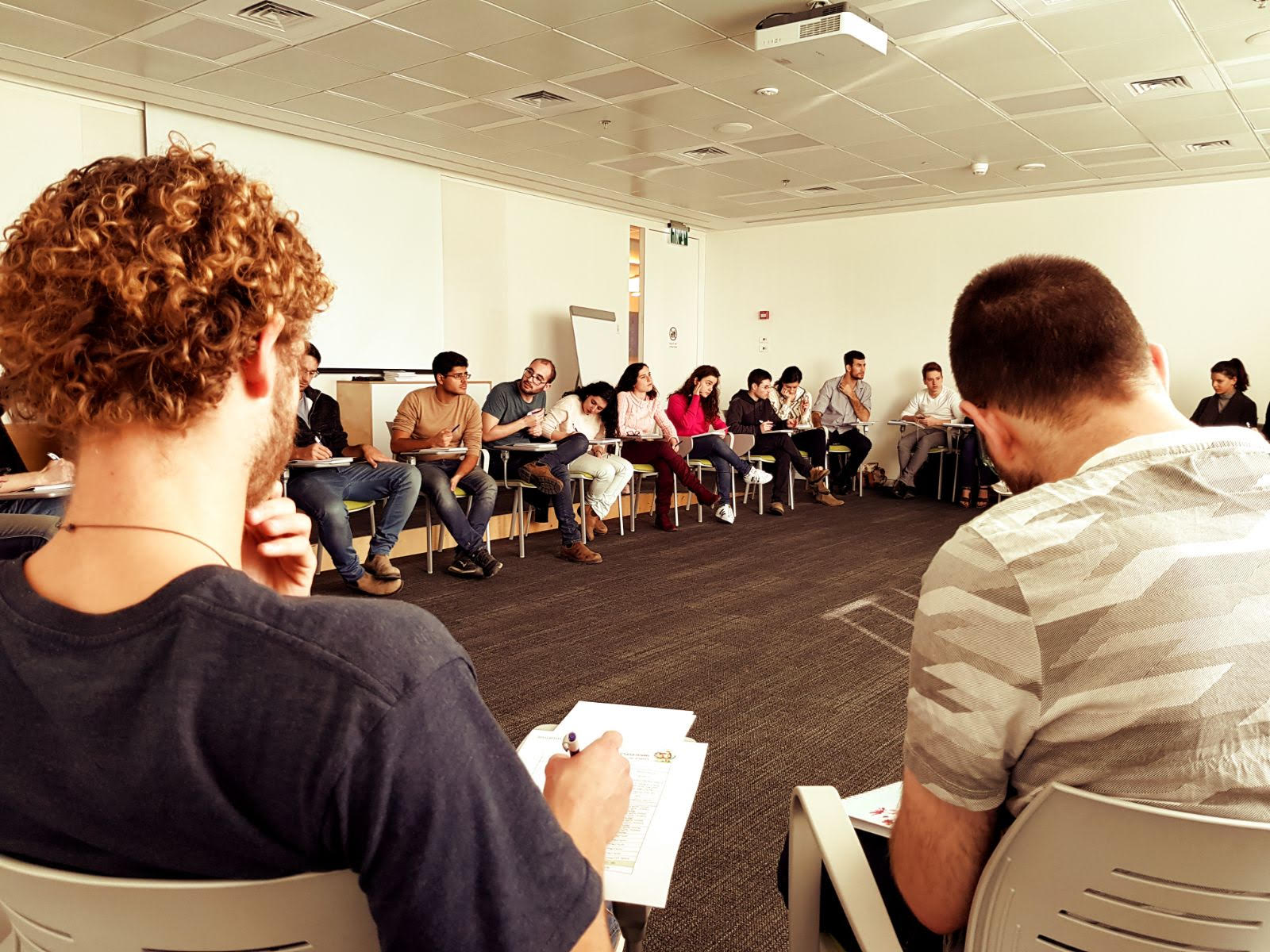
His organization, he says, has the ability for influence all over the world – but also in Israel. “In our encounters with the non-Israeli participants, stigmas emerge, like, ‘all Israeli women cover their heads’ or ‘Israel is always at war’ or ‘everyone has a camel at home’. The change throughout these encounters is significant, and so easy to effect,” says Biram. “But the other aspect is that of those young people after the army. Most people don’t expect much from soldiers, they say that now is their time and we have to let them be. But these guys want and need the chance to be a part of the Israeli story. When I meet them abroad and tell them, come on, do your part, all the cynicism disappears. They do care. It awakens their feeling and their sense of belonging and we want to preserve that, also in Israel,” he says.
“In my opinion, change comes from the ground up. And what we are doing is a start-up which, granted, won’t have a financial exit as such, but will make change.”
Translation by Zoe Jordan

